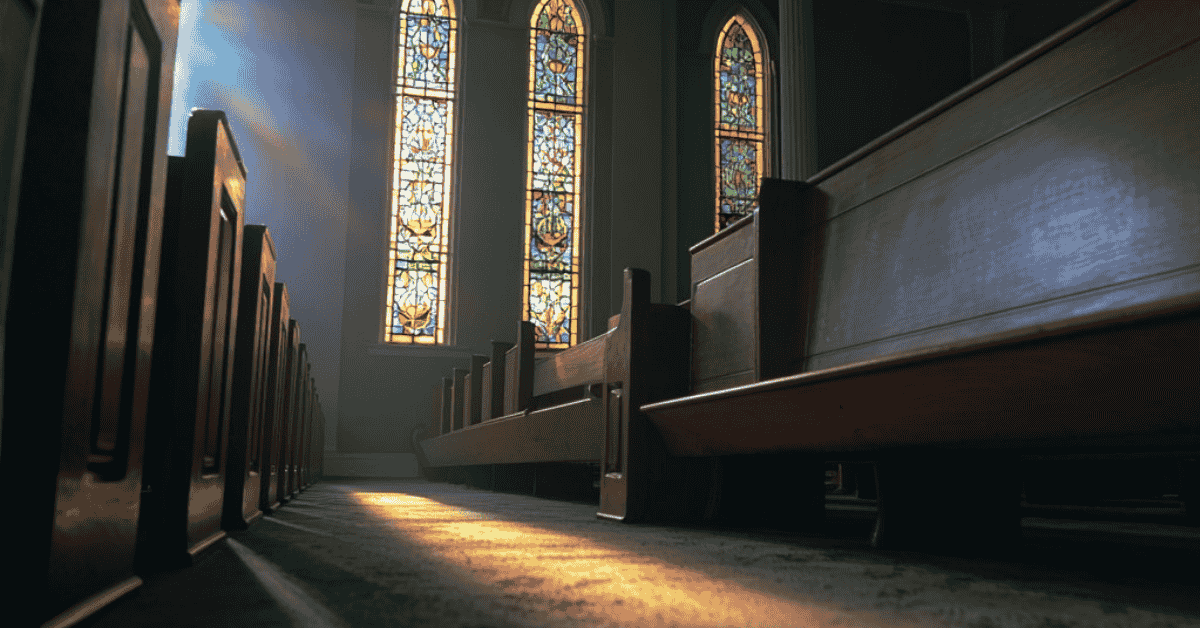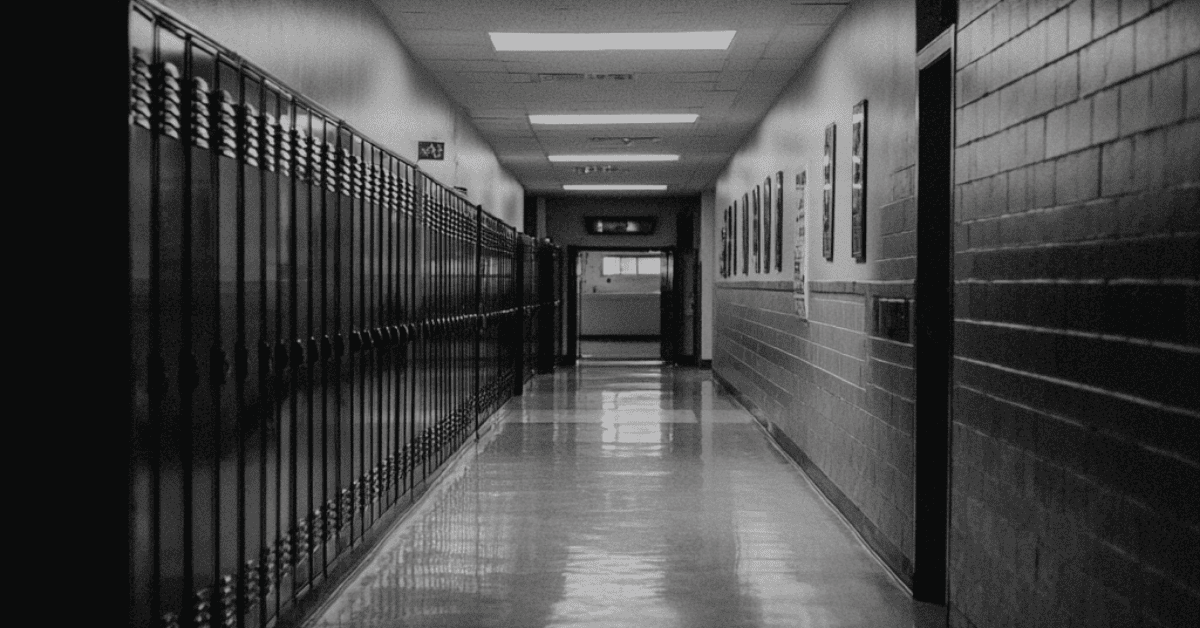What to Do If Your Child Was Sexually Abused at a Residential Treatment Center
Your phone rings.
It’s the facility you trusted to help your child heal. Maybe they say something vague — an “incident” or a “staff concern.” Or maybe it’s your child themselves, their voice shaking, telling you something no parent should ever hear.
Sexual abuse.
At a place you chose because you were out of options. Because your child was struggling. Because you were desperate for help — not more harm.
I’ve worked with parents in this exact moment. The panic. The guilt. The confusion. What do you do? Who do you call? What happens now?
Let’s walk through it, step by step.
First: Your Child’s Safety Comes First
Before anything else, your number one job is to protect your child. That may mean removing them from the facility immediately — if they haven’t already been sent home. Don’t wait for explanations or internal investigations. If you suspect or confirm sexual abuse, your child’s safety takes priority over procedures.
If your child is still in the facility, demand immediate release. Call the police if necessary. And document everything.
➡️ You may also want to read about how residential treatment facility abuse cases work if you’re unsure whether what happened qualifies as criminal or civil abuse. Spoiler: It probably does.
Get the Facts — Without Pushing Your Child Too Hard
Your child may be terrified, ashamed, or confused. Some kids tell everything right away. Others freeze up or minimize the truth.
Don’t interrogate. Let them speak at their own pace, in their own words. Write down what they say — word for word — if possible. Time, date, location, names, anything they can give you.
You’ll need this later. And yes, I know how awful that sounds — turning your child’s trauma into evidence. But in a broken system, documentation is often the only way to get justice.
Reporting the Abuse: Who You Need to Contact
Now to answer one of the biggest questions:
“How do I report abuse in a youth treatment center?”
There are several places to report — and it’s okay to report to all of them:
- Local Police or Sheriff’s Department – This initiates a criminal investigation. Ask for a detective who handles child crimes.
- Arkansas Department of Human Services (DHS) – Specifically, the Child Maltreatment Hotline: 1-844-SAVE-A-CHILD (1-844-728-3224)
- Residential Facility Licensing Board – In Arkansas, many treatment centers fall under the Department of Human Services’ Behavioral Health Services division.
- Child Advocacy Centers – These centers can coordinate interviews and therapy in a child-sensitive, legally sound way.
If you’re unsure which agency to call first, call all of them. No one will penalize you for reporting in multiple places.
Take Your Child to a Sexual Assault Nurse Examiner (SANE)
Even if there are no visible injuries. Even if it’s been days. Even if your child says they don’t want to.
SANE exams are performed by trained nurses who know how to talk to survivors. They can collect physical evidence, test for STIs, and document trauma in ways that hold up in court.
They also often connect families with immediate crisis counseling.
Therapy Isn’t Optional — It’s Survival
Your child will need therapy. But not just any therapy.
Trauma-informed therapists who specialize in childhood sexual abuse are essential. And the earlier the intervention, the better.
Parents often ask:
“Will my child ever recover from this?”
Here’s the honest answer: the trauma never disappears. But kids can heal, adapt, and lead powerful, beautiful lives — especially when they’re believed, protected, and supported early.
You, the parent, are a critical part of that.
Legal Accountability: Who Can Be Held Responsible?
Let’s shift to another common question:
“What should I do if my child was abused in a residential facility — legally?”
If a staff member abused your child, the facility may also be liable. They might have ignored red flags. They may have failed background checks. They might have allowed your child to be alone with someone dangerous.
Civil lawsuits can do more than criminal charges ever will:
- Expose patterns of abuse
- Force institutions to change their policies
- Secure financial support for your child’s ongoing care and therapy
In Arkansas, you can file a civil lawsuit even if criminal charges never stick. That’s critical, because let’s be honest — criminal prosecutions fail all the time. But in civil court, you don’t need a guilty verdict to prove harm.
Want to see how these lawsuits unfold? You can read real cases involving residential treatment center abuse.
You Might Be Angry With Yourself. Don’t Stay There.
You probably trusted this facility. Maybe you even felt relieved when they accepted your child. Many parents do — especially after years of behavioral struggles or mental health crises.
Now? That trust feels like betrayal.
I’ve talked to moms who said, “I sent my daughter straight to her rapist.” I’ve seen dads punch walls because they didn’t see the signs.
Let me say this as clearly as I can:
This is not your fault.
Blame the abuser. Blame the system. Blame the facility that looked you in the eye and promised your child would be safe.
Then get to work — because your child needs you now more than ever.
Arkansas-Specific Considerations
Arkansas does not have a specialized law just for residential treatment center abuse. But the state’s civil justice system allows for lawsuits based on:
- Negligent hiring and supervision
- Failure to report abuse
- Failure to protect minors in care
- Emotional distress and psychological injury
There is no statute of limitations in Arkansas for child sexual abuse, so long as the victim was under the age of 21 on July 28, 2021 – the effective date of the Arkansas Justice for Vulnerable Victims of Sexual Abuse Act.
An experienced Arkansas child sex abuse lawyer can explain exactly how this applies in your case.
What Legal Support Looks Like (and What It Doesn’t)
Good attorneys don’t just file paperwork.
They shield you from the facility’s legal team. They help your child avoid retraumatizing interviews. They connect you with resources. And they fight for every dollar needed to cover therapy, education disruption, and lifelong trauma.
Bad attorneys? They treat your child like a case file.
Choose someone who’s been in the trenches with survivors and their families — someone who knows how deeply this affects every part of your life.
Survivor Stories: Hope After Horror
One of my clients — let’s call her “Kayla” — was assaulted by a staff member who’d been quietly shuffled between facilities after earlier complaints. Her parents had no idea.
When the truth came out, they nearly collapsed. But they reported it. They found a therapist. They fought for her. And we sued.
Not only did they win the case, but the facility had to overhaul its entire staffing protocol.
Kayla now speaks at high schools about trauma recovery.
Stories like hers don’t erase what happened. But they prove that healing — and justice — is possible.
What Comes Next
You’re not alone. You’re not powerless. And your child is not broken.
Here’s what to do next:
- Make a written report to DHS and law enforcement
- Get your child into trauma-specific therapy ASAP
- Document everything: names, dates, texts, voicemails, records
- Call a sex abuse attorney who knows Arkansas law and has handled residential treatment cases before
Your child deserves more than survival. They deserve safety. They deserve healing. And they deserve justice.
If you’re ready to take that next step, we’re here to walk with you.



